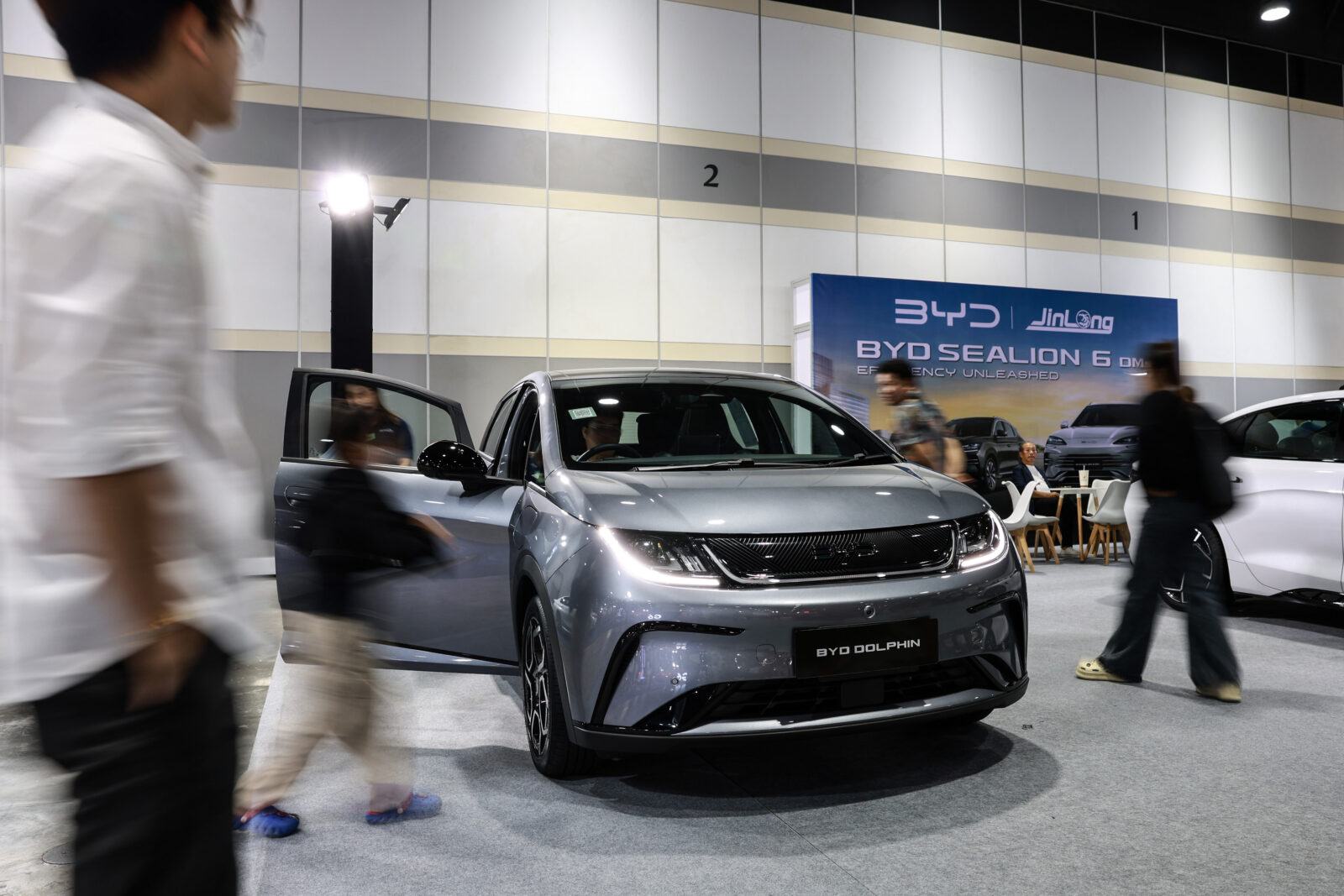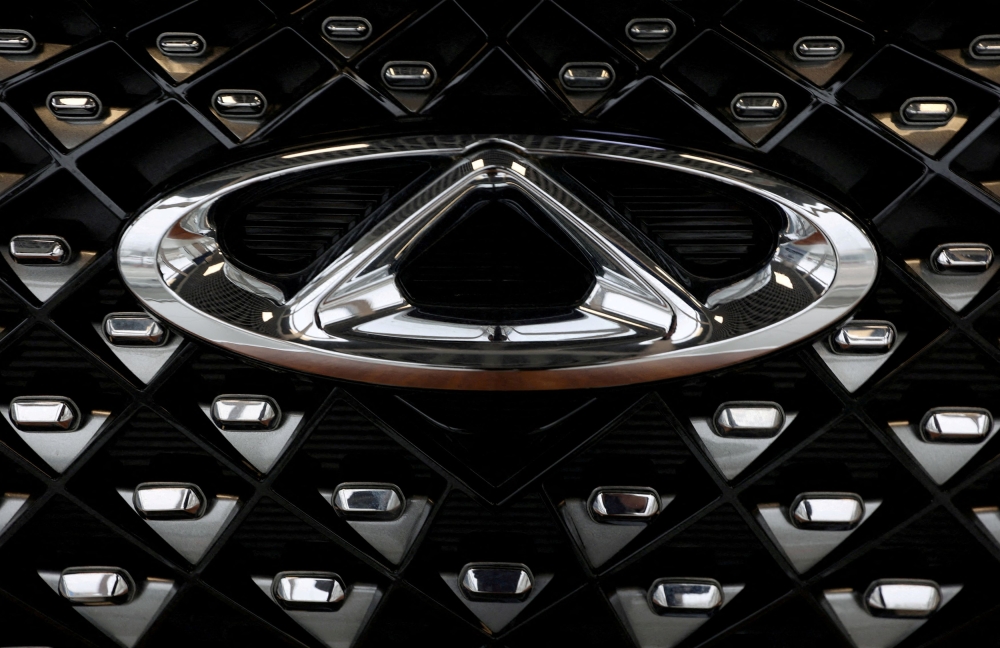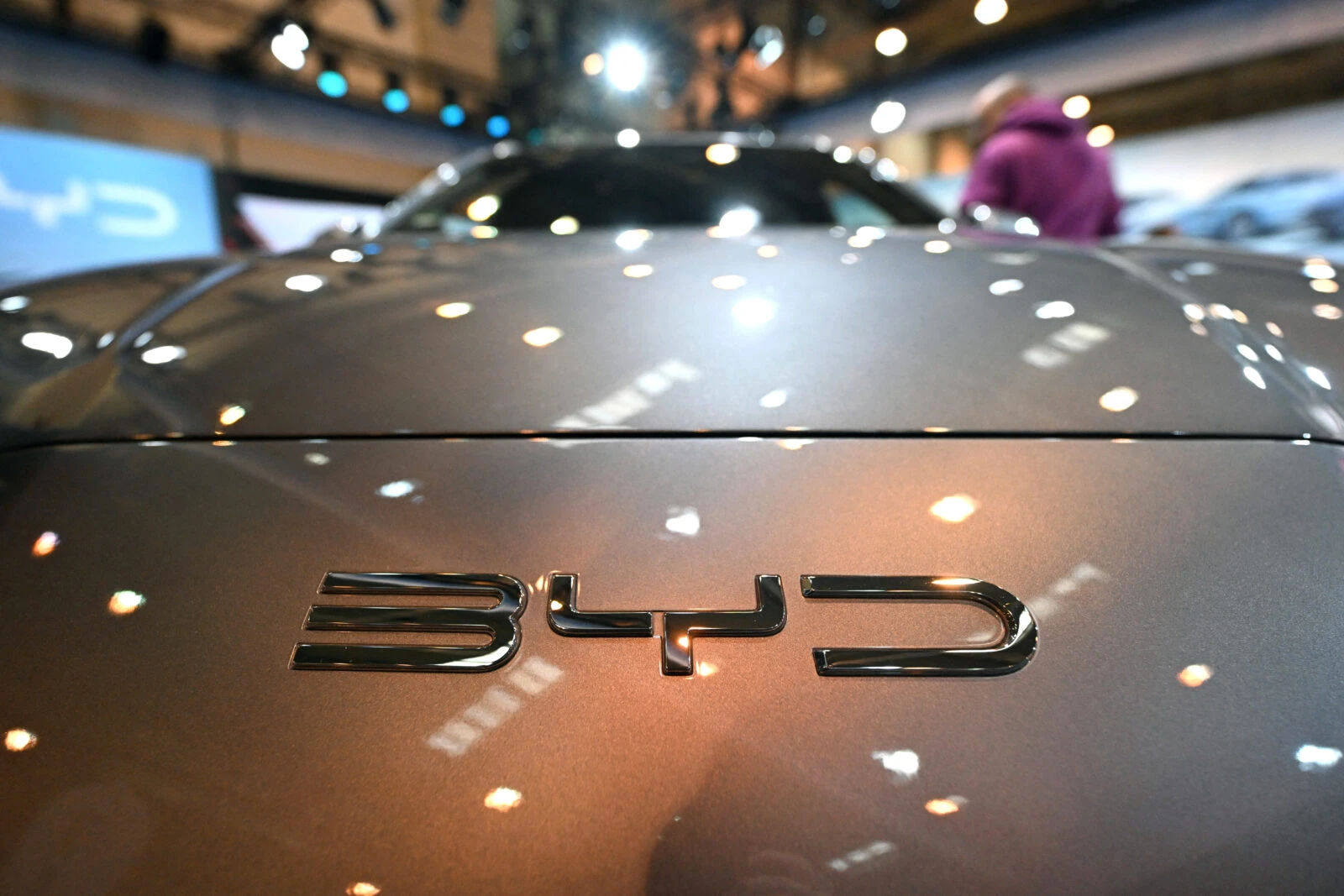Türkiye raises tariffs on Chinese cars to 50% – Türkiye Today
Türkiye has increased additional tariffs on gasoline and hybrid cars imported from China from %40 to %50, effective January 1, 2025.
The new regulation, published in the Official Gazette on December 31, 2024, is expected to raise the vehicle costs by nearly 10%.

Custom tariffs on Chinese gasoline and hybrid cars increase
Under the new directive, Chinese gasoline and hybrid vehicles will now face a combined customs duty of 60%, including the existing 10% base customs tax and the 50% additional duty. However, the 40% customs duty on electric and plug-in hybrid vehicles (PHEVs) remains unchanged.
Industry experts anticipate that brands such as Chery and MG, which have gained significant market presence in Türkiye, is expected to be directly impacted by this change.
BYD, which currently making an factory investment in Manisa and signed a mutual signature with the Presidential Investment Office, will be exempted from this latest decision.
The step to be taken by Chery, which has given the green light for factory investment in Türkiye, is currently unknown.
On the other hand, MG Türkiye had previously submitted a letter of goodwill to the Presidency on the subject, but there is no concrete announcement made by the brand for factory investment yet.

Decline in market share expected
Chinese car brands, which recently achieved a 10% market share in Türkiye through record sales, had already faced increased taxes in July 2024.
The custom tariffs hike for all fuel types has been cited as a factor contributing to a decline in their market share.
Analysts expect the new regulation expected to have an impact the market presence of Chinese brands, especially since manufacturing investments have been prioritized in European markets over Türkiye.



